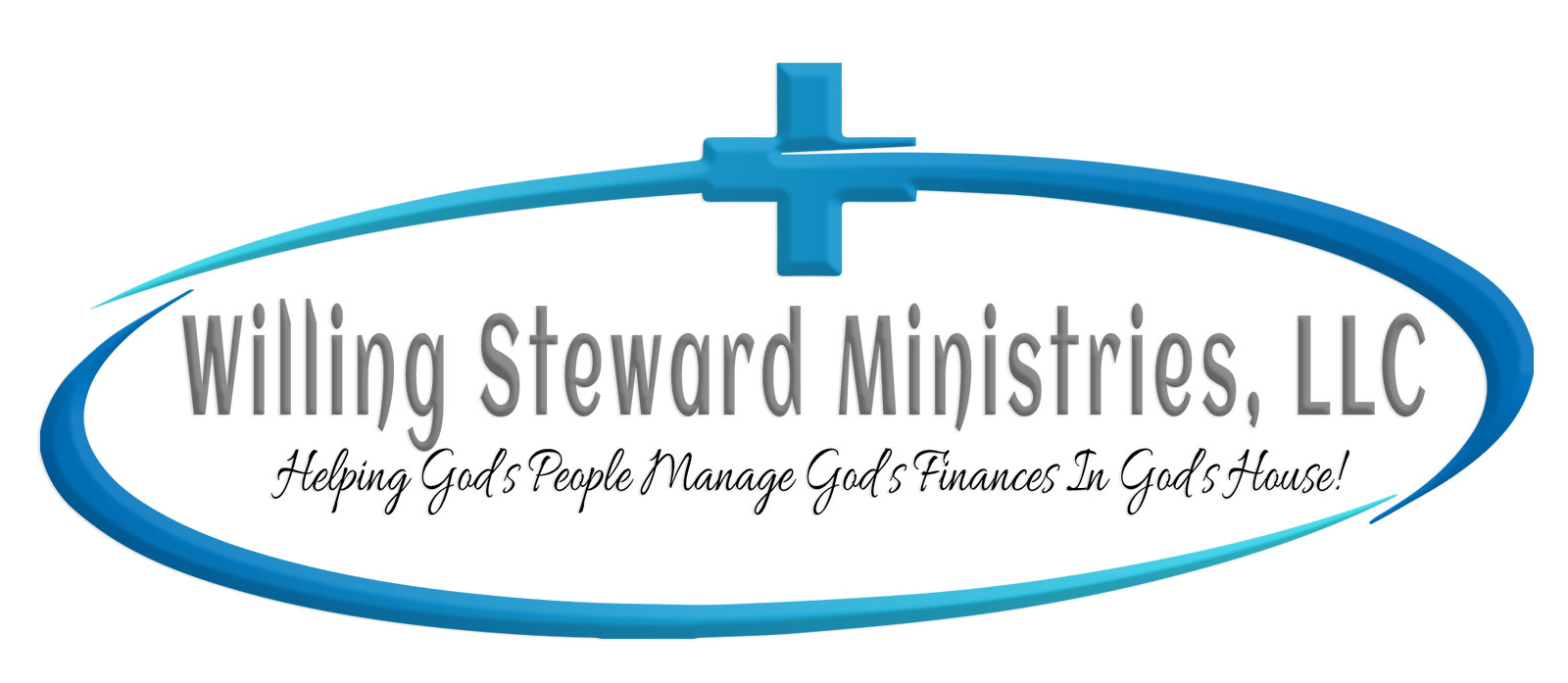During my corporate career, I was provided with a hands-on, trial-by-fire education in seeking financing, analyzing loan documentation and a clear understanding of how for-profit organizations deal with and manage their banking relationships. This background has proven invaluable as I serve churches in a banking environment frequently hostile to churches. We unknowingly contribute to this hostility when we approach banks poorly prepared. Our lack of preparation usually results in our loan application being declined. A significant portion of my financial ministry is spent with assisting churches with preparing to present themselves to banks for a refinance, purchase or building project. There are several things churches can do to present a well-prepared loan application that will yield results.
First, it’s important to understand that large loans are secured on cash flow, not relationships. Despite even long-standing relationships, banks will require a three-year financial history for your church which will include a 3-year Statement of Activities (Income Statement, for-profit term) and 3-year Statement of Financial Position (Balance Sheet, for-profit term). The bank will also ask for information about the pastor, senior leadership, church history and denominational financial responsibilities.
Next, you must know the applicable statistics for your church membership. Banks focus closely on the amount of debt requested per contributing member; this is one of the first calculations made to determine eligibility. Therefore, you need to know your number of giving units (contributing adults). You need to know how many persons are under 18 and over 65 years of age because these groups may not be able to substantially contribute, due to lack of employment or retirement.
Lastly, you need to have some money in the bank. Ideally, you should have twelve to twenty-four months of debt service (principal and interest) available in cash. As an example, if you want a $500,000 loan and you only have $5,000 in the bank then you do not have the cash flow to pay the debt service on the loan you are requesting. You should be able to show that you are able to consistently pay a lease or rent that is comparable to the new loan monthly debt service that you are requesting, and that you are able to grow your cash balances each month because you consistently have money left over. In other words, you need to show you have more than enough money to pay and you have a proven track record of spending less than you bring in.
Cynthia Gordon-Floyd is a certified public accountant and founder of Willing Steward Ministries, LLC. Willing Steward Ministries (www.willingsteward.com) is a financial consulting and accounting firm for churches and other faith-based non-profits, specializing in Bible-focused financial practices, pastoral compensation issues, IRS compliance, and other financial needs specific to churches. Cynthia is a graduate of Lake Forest College and holds her MBA in Accounting from DePaul University. She is a Steward and the Financial Secretary at the First AME Church of Manassas in Manassas, Virginia.

